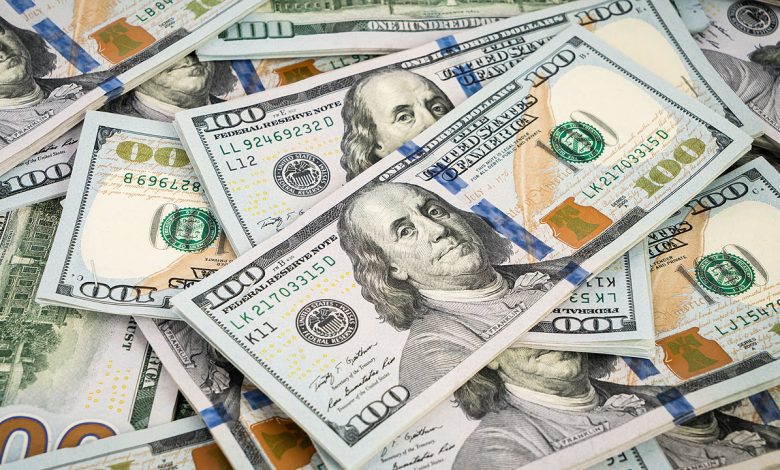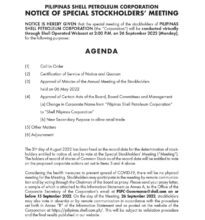BoP back to deficit in November

By Luz Wendy T. Noble, Reporter
THE country’s balance of payments (BoP) position returned to a deficit in November as the National Government repaid some foreign loans and external trade improved.
Last month’s BoP position swung to a $123-million deficit, from the $1.473-billion surfeit seen in November 2020, based on data released by the Bangko Sentral ng Pilipinas (BSP) on Monday evening.
November’s BoP position also reversed the surplus worth $1.141 billion in October. This was the smallest deficit in eight months or since the $73 million logged in March.
“The BoP deficit in November 2021 reflected outflows arising mainly from the National Government’s foreign currency withdrawals from its deposits with the BSP as the National Government settled its foreign currency debt obligations and paid for various expenditures,” the central bank said in a statement.
The BoP deficit in November reflected the improvement in the country’s external trade as the economy continued to reopen, Rizal Commercial Banking Corp. Chief Economist Michael L. Ricafort said in a Viber message.
The private sector’s need for imported goods and settlement of external payables also likely led to the BoP deficit in November, Asian Institute of Management economist John Paolo R. Rivera said.
“Note that this can be due to the recovering economy wherein the inadequacy of domestic supply is compensated by imported supply of goods and services. I think this is just transitory as the economy adjusts to the recovering demand,” Mr. Rivera said in a Viber message.
The Philippine economy continued to further reopen in November, as the number of coronavirus disease 2019 (COVID-19) infections declined.
Latest data from the Philippine Statistics Authority showed the trade deficit stood at $4.02 billion in October, wider than the $2.05-billion shortfall logged a year earlier and the $4-billion gap in September.
In October, exports rose by 2% year on year to $6.41 billion, while imports jumped by 25.1% to $10.43 billion.
“Imports could have also been bloated by the higher prices of imported oil,” Mr. Ricafort added.
As of Nov. 30, the prices of gasoline, diesel, and kerosene increased by P18.10, P15.70, and P13.19 per liter, based on data from the Department of Energy.
Global oil prices have soared in recent months as major oil exporting countries have yet to finalize an agreement on increasing production despite the recovery in demand.
For the first 11 months of 2021, the BoP posted a $353-million surplus, much smaller than the $11.786-billion surfeit in the same period of 2020.
“Based on preliminary data, this cumulative BoP surplus reflected inflows such as from personal remittances, trade in services, net foreign borrowings by the National Government, and foreign direct investments, which were partly offset by a wider trade in goods deficit,” the central bank said.
The BoP gives a glimpse of the country’s transactions with the rest of the world. A deficit means more funds left the country, while a surplus shows that more money came in.
At its end-November level, the BoP reflected gross international reserves worth $107.72 billion, which fell by 1.56% from the $107.89 billion as of end-October.
Such dollar reserves are enough to cover 8.7 times the country’s short-term external debt based on original maturity and 5.7 times based on residual maturity, the BSP said.
It also represents buffers equivalent to 10.2 months’ worth of imports of goods and payments of services and primary income.
Mr. Ricafort said the seasonal remittance inflows in December could help improve the BoP position coming into the yearend.
Earlier this month, the BSP revised its BoP projection for end-2021 to a $1.6-billion surplus, from the $4.1-billion surfeit it estimated in September. This is equivalent to 0.4% of the gross domestic product from 1.1% previously.




